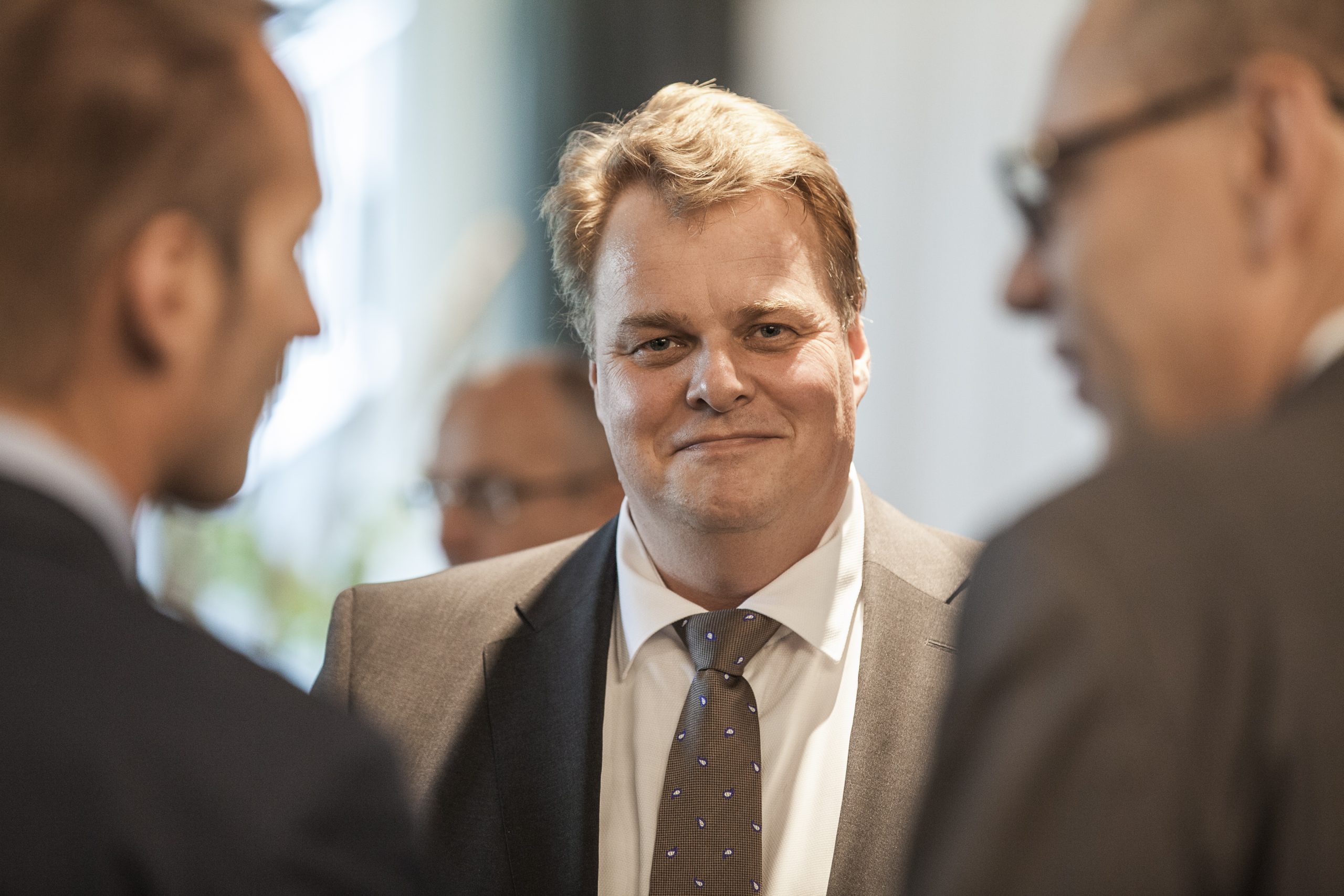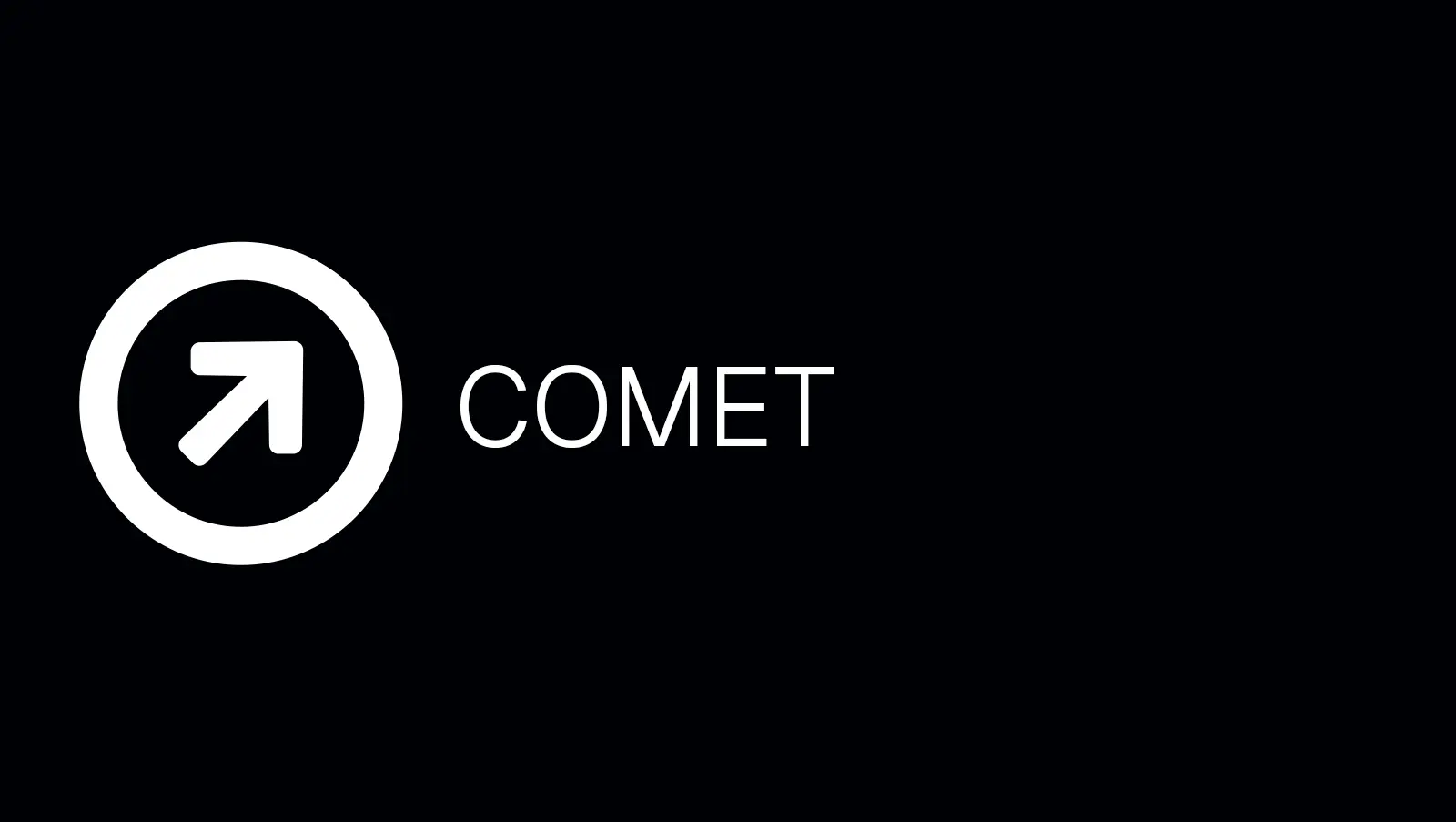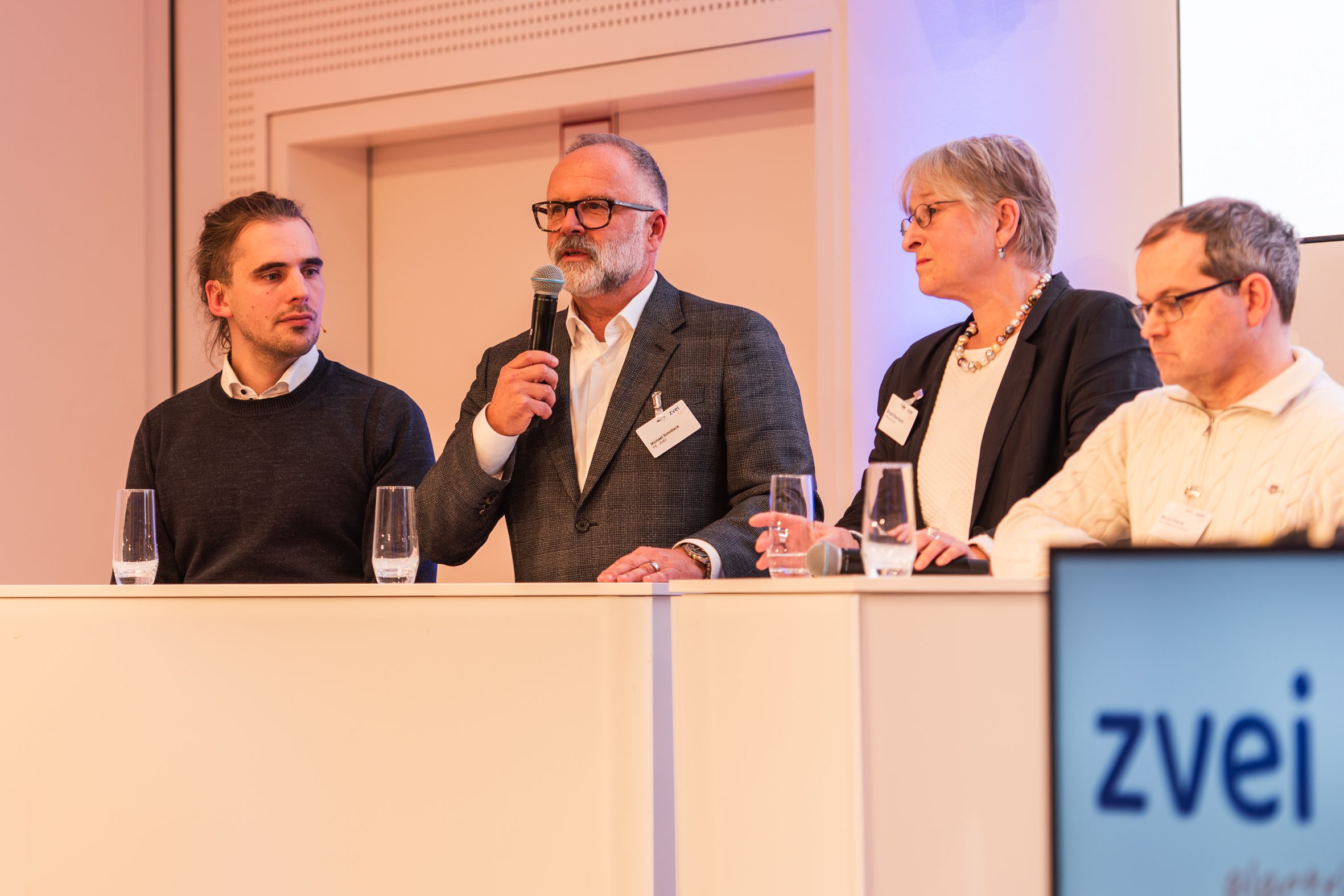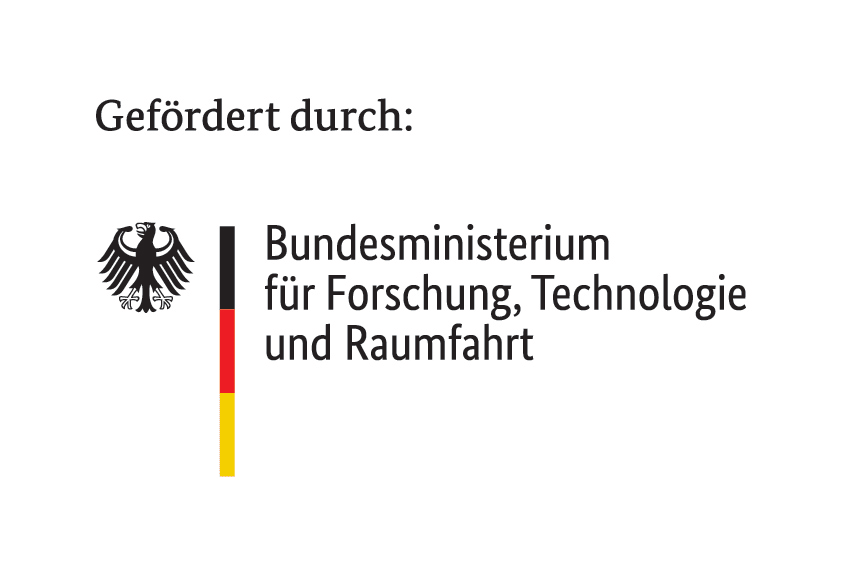“We want to drive forward the cross-sector digital networking of building technologies in order to develop sustainable solutions for industry and society.”
6. January 2025
9 minutes
Digital and data-driven business models open up enormous economic and social value creation potential. We talk to Wolfgang Weber, ZVEI Chairman of the Management Board, about the strategic challenges on the way to a “shared data economy” and the importance of data ecosystems such as SmartLivingNEXT for the association and the industry.
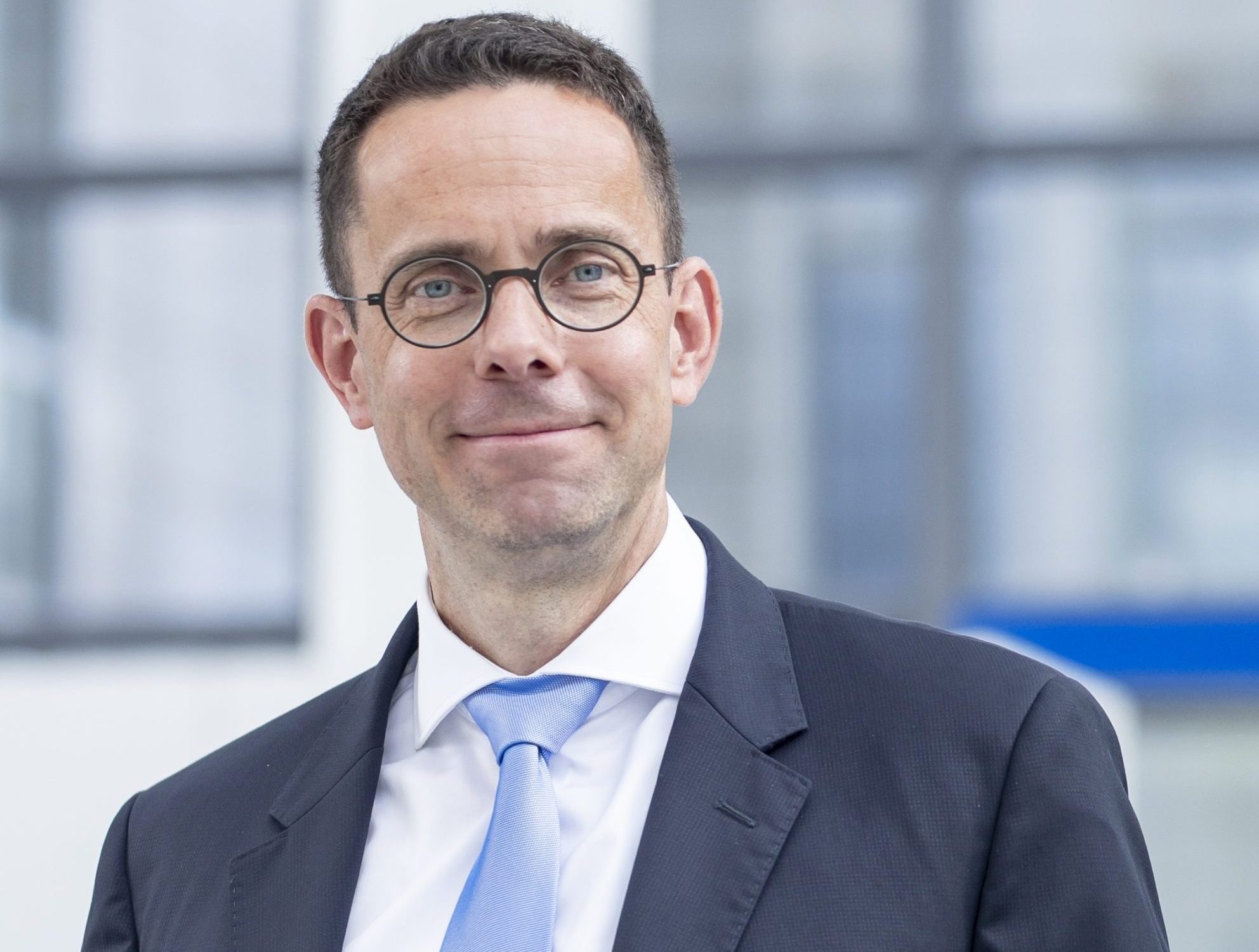
Mr. Weber, the ZVEI is currently involved in several strategic projects on digital ecosystems such as Manufacturing-X and SmartLivingNEXT. Both projects are essentially about the same idea: creating added value through shared data spaces. Why is the concept of a shared data space, or “shared data economy”, so important for your association and the industry?
The ZVEI sees the shared data economy as a key driver of digital transformation, both in the smart living sector and in industry. A shared data space makes it possible to exchange information securely and efficiently, which not only accelerates the innovation cycle but also strengthens value chains.
For us as an association, the creation of such data spaces is an important basis for strengthening the competitiveness of German industry and thus of our members and enabling the transition to a digital, networked and climate-friendly society. Security and data protection are also crucial factors. That is why we are committed to establishing clear standards and regulations in line with European values so that companies can access these data spaces securely and confidently.
How do your members benefit from this?
The secure sharing of data can accelerate innovation as new insights are gained and innovative solutions are developed in a collaborative environment. This strengthens our members’ competitive position. Shared data rooms help to use resources more efficiently, avoid redundancies and optimize processes, which increases productivity and reduces costs. In addition, shared data rooms often create platforms on which new services and business models can be developed. This gives our members the opportunity to gain access to new market segments and customers that they were previously unable to tap into, which increases their growth potential and strengthens their international competitiveness. At the same time, the value added by data can remain with the national companies.
The “Buildings” platform already exists within the ZVEI. With the new “Digital Ecosystems & Smart Services” platform, you have also created a special area to drive forward the development of digital ecosystems. What do you hope to gain from this? What are the benefits for the industry?
We are pursuing a clear goal: we want to drive forward the cross-sector digital networking of building technologies in order to develop sustainable solutions for industry and society.
Our expectations are comprehensive: we want to ensure that German industry remains internationally competitive in the development of smart buildings and the use of digital technologies. A digital ecosystem for buildings enables companies to access standardized interfaces and data and thus develop new, interoperable solutions. The benefits for the industry are enormous: companies can optimize their processes, reduce costs and develop new business models – for example in the areas of smart energy management, maintenance services and automation. We are also creating the basis for greater sustainability with a networked platform, as data can be evaluated in real time and used flexibly to reduce energy consumption and cut emissions. Together, we can create a framework that enables the widespread introduction of intelligent, digitally networked building solutions.
With the new “Digital Ecosystems & Smart Services” (DESS) platform, our association is launching a central initiative to significantly advance the digital transformation of the industry. The platform promotes exchange between companies and supports the increasing networking of IT and OT in order to translate the megatopics of digitalization into practical solutions. In this way, we offer companies pragmatic and practical support for their digital transformation. Our forums not only provide access to valuable specialist knowledge, but above all offer space for the direct exchange of experience and the development of concrete solutions. By working closely with our members, we can identify market trends at an early stage and support companies in exploiting them profitably. The DESS platform is intended to be a place where theory is put into practice.
Is the European Data Act helpful in your view? How do you prepare your members for this?
Digitalization is becoming increasingly important, and with it the need for a clear and secure legal framework for manufacturers and users is growing. The European Data Act is a central building block here, as it deals with access to and use of user-generated data. Ideally, the Data Act will help to ensure that data along the value chain can be used fairly by all the different parties involved for their respective interests. In this context, the ZVEI has been able to achieve important progress in legislation – for example, greater consideration of the requirements of component manufacturers and the protection of trade secrets. For us as an association, it is crucial that we continue to monitor developments to ensure that the Data Act not only opens up opportunities, but is also practicable and balanced.
Data protection, data sovereignty and the practical feasibility of the requirements continue to be critical issues. It is of central importance that the rules are designed in such a way that they enable the use of data without burdening the industry with unnecessary bureaucratic hurdles. Data economy must not become the guiding principle here. Instead, the focus should be on how data can be used efficiently, securely and innovatively.
The European Data Act can only develop its full potential if it is designed with a practical focus and strikes a balance between regulatory requirements and economic opportunities. The ZVEI will continue to work actively to promote a data-friendly and innovation-promoting implementation. In the building sector, we are already seeing that the technology developed in SmartLivingNEXT is helping companies to fulfill legitimate requests for data in a cost-effective and secure manner.
The ZVEI is involved in the SmartLivingNEXT technology program funded by the Federal Ministry of Economics (German Federal Ministry for Economic Affairs and Climate Action (BMWK)) as consortium leader and operator of a project office together with the ZVEI Research Association for Electrical Engineering. What is the motivation behind your involvement in such research and innovation projects in such a central role?
The ZVEI does not shape Germany’s innovative strength solely by participating in political discourse. We want to take up the impetus that comes from politics in practice right from the start and develop it into sustainable and future-proof concepts that offer real added value for companies. We hope that this will enable new data-based business models to establish themselves on the market more quickly.
Being in charge of the SmartLivingNEXT technology program is of great interest to us for several reasons. Firstly, it represents the future of connected living and brings together technologies that make residential buildings more comfortable, safer and more energy-efficient. These technological innovations play a key role in an increasingly electrified and connected world, which the ZVEI is driving forward in order to create the urgently needed technological turnaround in efficiency.
Secondly, SmartLivingNEXT offers enormous potential for German companies – including those that are not yet members of the ZVEI – to position themselves in a rapidly growing market. The integration of smart home solutions in areas such as energy, security, health and mobility creates synergies that not only increase efficiency, but also contribute to more sustainable living. Overall, we see SmartLivingNEXT as an opportunity to drive technological and economic innovation while contributing to the digitalization of everyday life – an area that is becoming increasingly important for both the industry and society.
Listen to the article (in German)
Editorial office:
Ilka
Klein
Category:
Flagship project
Copyright information
Bildrechte Alexander Grueber
